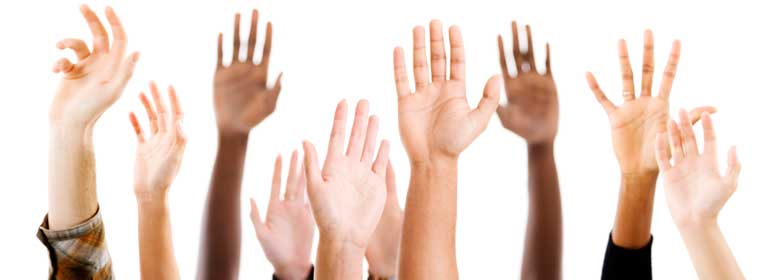Big numbers of young gay and bisexual young men are being diagnosed with HIV in Ireland, and as individuals we’re all responsible for it, says Rob Buchanan
“I hope you’re being careful” my work colleague said. We were in the office kitchenette making coffee.
“About what?” I asked, thinking maybe he was commenting on the Liverpool match, or maybe something I’d posted on Facebook.
“Did you see on the news today. The age most gays get Aids is 32 now!”
To say this slightly put me off my coffee and biscuits was an understatement. It wasn’t the initial, albeit it unintentional offence, but I literally can’t bear the mention of STDs.
Although I’ve never had an STD, I am a hypochondriac. Despite the fact that I always have safe sex (and wash my hands about 20 times a day), I am terrified of even discussing such matters. There is this deep human reflex in some people to feel contaminated by the very words.
But this reflex is there for a reason in me. The big pink elephant in the room is that queers are associated with HIV. We don’t talk about it, but we are getting it, or at least getting diagnosed with it, younger and younger. My workmate was referring to a statement from Tiernan Brady of Gay HIV Strategies (GHS), who spoke last week to the Committee on Health and Children about the alarming increase in diagnosed cases of HIV and the associated age data of patients.
400 Percent Increase
There has been a 400% increase in confirmed cases among my age demographic of 25‐34 year-olds. Gay and bisexual men are dramatically represented in the results. Despite being approximately 10 to 15% of the general population of men in Ireland, we make up for 60% of the new cases of HIV. The HSE figures showed 205 new diagnoses of HIV in the first six months of this year alone.
GHS and GLEN announced new strategies to tackle the epidemic, but the people who really should really be tackling it are you and I. As individuals we should commit ourselves to preventing the spread of this disease through responsible treatment of our own bodies and those of people we have sex with.
But how can we, when we’re not listening? How can we, when we’re not talking? There are many brilliant, courageous HIV positive activists and writers and artists who are living with the disease and telling us about it, but their words are an uncomfortable reminder of possibilities we would rather ignore.
HIV is no longer a death sentence, and with early diagnosis there are many treatments to manage the disease and its symptoms. But it is an entirely avoidable disease, for which there is no cure.
We seem to be living as if we are in an AIDS-free world now, when we are not. The initial visibility and terror of this awful, agonising disease have passed by and the public consciousness has become dangerously blasé about it. I once overheard twinks in a bar proclaiming that HIV had been cured “well practically, like”. This is a common attitude among many of the younger gays. For these bright young things the idea of invisible life threatening illness potentially lying beneath the veneer of a passionate ride is the further thing from their minds. Like all young people, they believe they are immortal and invulnerable.
Queer PC Brigade
The gay consciousness seems to have gone full circle, from panic to sensible precaution and on to complacency. Worse than that, the queer PC brigade would practically have you tarred and feathered for suggesting that gay men get HIV, despite the clear statistics to the contrary. They believe it is homophobic to call this a gay disease, but in giving this message they are directly endangering the very people they seek to protect. They’re creating the impression that gays aren’t at risk while simultaneously reinforcing the taboo around discussing HIV.
We can highlight the dangers without stigmatising the victims. We can educate the vulnerable without terrifying them with scare mongering. The fact is you will not catch HIV/Aids by talking about it. There is a huge fear among many men around getting tested for HIV. It’s not only the social stigma associated with going to a clinic or a GP and asking for a test, but also the crazy, but very human psychological fear that somehow by being tested for it they will get it. They put testing off and they blank HIV out, and at the same time they indulge in risky behaviour to somehow validate their denial, thereby putting others at risk.
We need to take a long hard and uncomfortable look in the mirror and ask ourselves what we have done to protect ourselves and prevent the spread of HIV. If we are positive, we need to ask ourselves what we have done to educate others.
We need to get tested and encourage our friends to get tested. We need to make condoms a part of our sexual ritual. We need to reopen the dialog about living with HIV. We need to listen. We need to talk.
Let’s take responsibility for doing our part in preventing the spread of this disease one man at a time.
© 2014 GCN (Gay Community News). All rights reserved.
